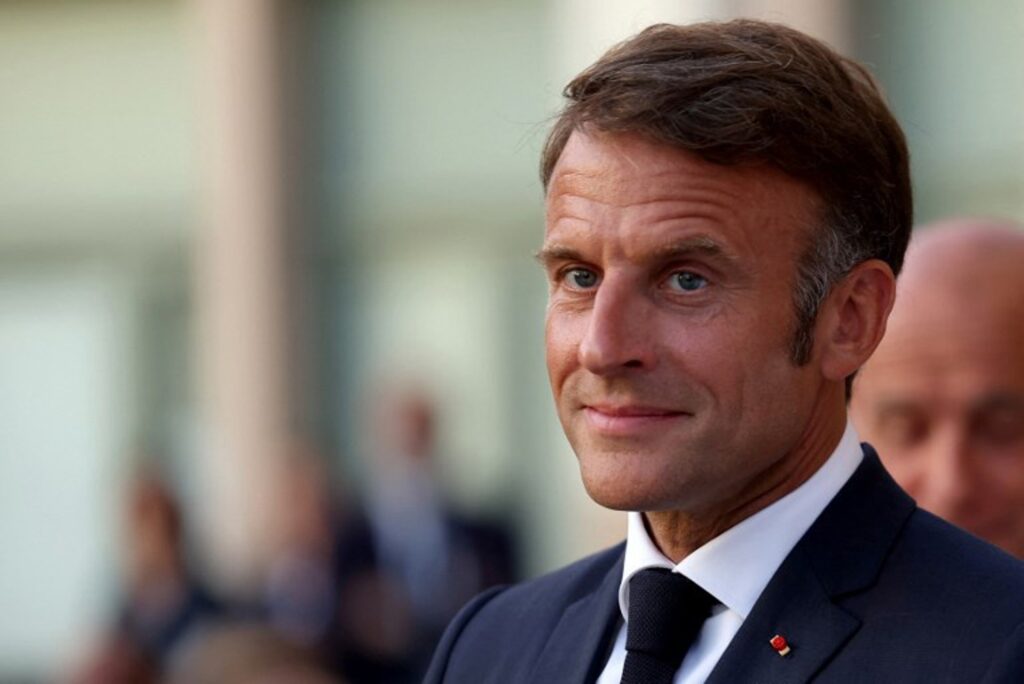President Emmanuel Macron began consultations with the main French political forces on Friday 23 August, in his first initiative to finally establish a French government since the Olympic Truce.
It promised to be a long and tense day for the head of state. He has been contested even within his own camp since he decided, almost single-handedly in the wake of disastrous European elections, to dissolve the National Assembly and call a general election. His camp was deprived of its relative majority as a result.
Having resigned, former Prime Minister Gabriel Attal's administration has been handling the country’s current affairs as a caretaker government for 38 days (as of 23 August) – a new record since the post-war period. This comes as crucial budgetary deadlines approach.
Seeking to resolve the deadlock, Macron launched his consultations at around 10:30. He received the New Popular Front (NFP) at the Elysée Palace, a temporary alliance of left-wing forces – including the Socialist Party, Communist Party, Greens, La France Insoumise (FI) and Raphaël Glucksmann’s Place Publique party – that pulled off a surprise win with 193 MPs. They fell short of an absolute majority of 289.
Related News
- France: No new government until after Olympics, says Macron
- À la Belge? Politically divided France considers forming an 'un-French' coalition
- Left wins most seats in French parliamentary elections, far-right comes third
Upon arrival at the Elysée, their candidate for Prime Minister, senior civil servant Lucie Castets, promised to offer a “stable solution” for the country. “We’ve come to remind the President of the importance of respecting the results of the elections and of getting the country out of the paralysis it is currently experiencing,” she added.
Macron continued his consultations with the leaders of his camp (which has 166 MPs) at 13:00, followed by those of the Republican Right.
Consultations with two other minority groups will round off the day, before new meetings on Monday with the far-right and its allies (142 MPs). They remain the only ones who continue to resist coalition plans, preparing instead for upcoming deadlines such as the 2027 presidential election.

